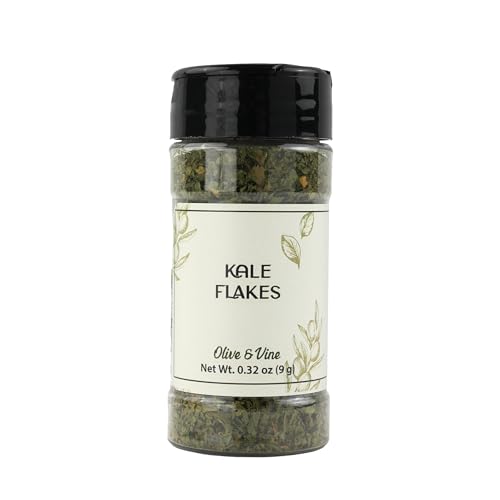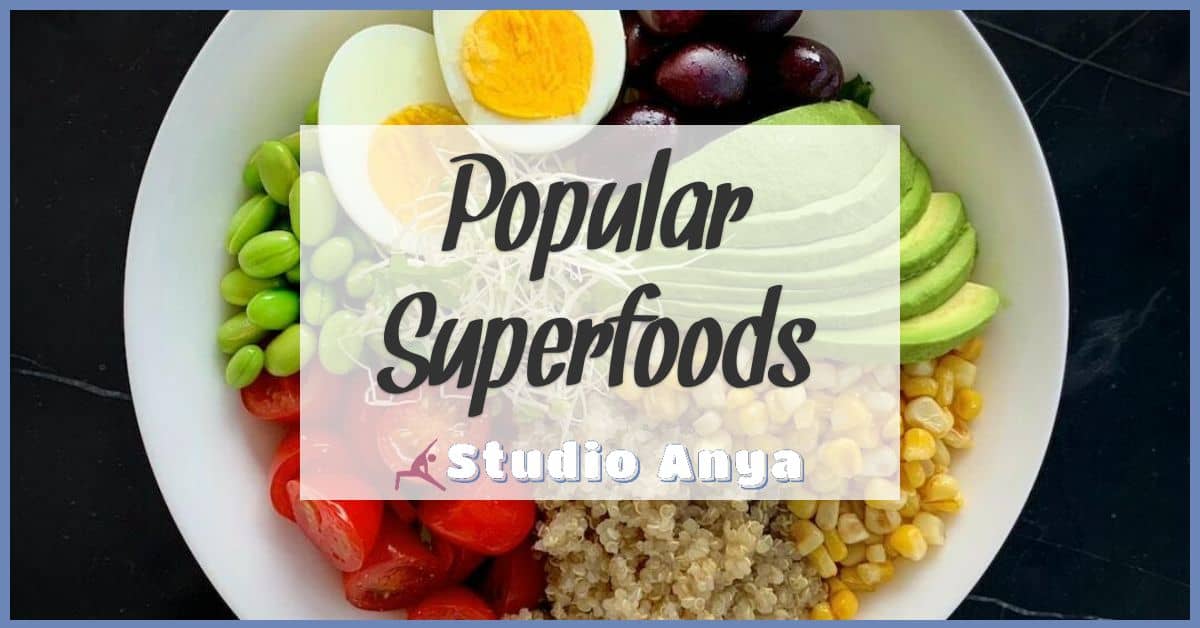When I first started exploring plant-based proteins, I was amazed by the variety and versatility they offer. Gone are the days when protein meant just meat and dairy. Today, a world of delicious options awaits, from legumes and grains to nuts and seeds. Whether you’re a seasoned vegan or just curious about incorporating more plants into your diet, there’s something here for everyone.
Overview of Plant-Based Proteins
Exploring plant-based proteins reveals a bounty of nutritious options that support overall health and well-being. I find that incorporating these proteins into one’s diet enhances vitality and encourages a balanced lifestyle.
Definition and Importance
Plant-based proteins derive from plant sources and contain essential amino acids necessary for body function and repair. They play a crucial role in building muscle, supporting immune health, and maintaining optimal energy levels. Emphasizing plant-based proteins can promote heart health, lower cholesterol, and reduce the risk of chronic diseases, aligning perfectly with a holistic approach to wellness.
Types of Plant-Based Proteins
Plant-based proteins come in various forms, making it easy to include them in daily meals. Here’s a breakdown of some key types:
- Legumes: Beans, lentils, and peas are rich in protein and fiber. A cup of cooked lentils provides approximately 18 grams of protein.
- Grains: Quinoa, oats, and brown rice contribute protein and essential nutrients. Quinoa offers about 8 grams of protein per cooked cup.
- Nuts: Almonds, walnuts, and pistachios provide healthy fats and protein. A quarter cup of almonds contains around 7 grams of protein.
- Seeds: Chia seeds, flaxseeds, and hemp seeds are nutrient-dense. Two tablespoons of hemp seeds deliver roughly 10 grams of protein.
- Tofu and Tempeh: Derived from soybeans, these options are versatile protein sources. A half-cup of tofu can offer up to 20 grams of protein.
Incorporating a variety of these proteins can help create a well-rounded diet, supporting both physical health and mental clarity in yoga and meditation practices.
Benefits of Plant-Based Proteins
Plant-based proteins offer numerous advantages for health and wellness. Incorporating these proteins into my diet has transformed my vitality and supported my yoga and meditation practices.
Health Benefits
Plant-based proteins provide essential nutrients that promote overall health. They contain valuable vitamins, minerals, and antioxidants that support immune function. These proteins aid in muscle recovery post-workout, enhancing my yoga sessions. Consuming legumes, grains, nuts, and seeds helps maintain stable energy levels throughout my day, allowing me to stay focused during meditation. Additionally, studies indicate that plant-based diets can lower cholesterol and blood pressure, contributing to heart health and longevity.
Environmental Impact
Choosing plant-based proteins benefits not just personal health but also the environment. Plant agriculture typically requires fewer resources than animal farming, reducing water and land usage. By opting for plant proteins over animal sources, I contribute to decreased greenhouse gas emissions, lessening my ecological footprint. Supporting sustainable food choices aligns with my commitment to overall wellness, fostering a deeper connection between my nutrition and the world around me.
Sources of Plant-Based Proteins
Plant-based proteins offer a variety of delicious and nutritious options that perfectly complement a healthy lifestyle focused on yoga, meditation, and overall well-being. Incorporating these sources can enhance physical health while supporting mental clarity and energy stability.
Legumes and Pulses
Legumes and pulses stand out as powerhouse protein sources. Beans, lentils, and chickpeas contain not only protein but also essential nutrients such as fiber, iron, and folate. For example, one cup of cooked lentils provides about 18 grams of protein and nearly 16 grams of fiber. Including legumes in my meals fosters satiety, making them excellent for maintaining energy levels throughout a yoga session or meditation practice. I often add chickpeas to salads or blend them into hummus for a satisfying snack.
Nuts and Seeds
Nuts and seeds provide healthy fats and a significant protein boost. Almonds and walnuts are two favorites that contribute about 6 grams of protein per ounce. Chia seeds and hemp seeds also shine in this category, with hemp seeds offering up to 10 grams of protein per 3 tablespoons. I enjoy sprinkling chia seeds on smoothies or oatmeal to enhance the nutritional profile. Nuts and seeds not only support muscle recovery but also help fuel my meditation practice by providing sustained energy and brain health benefits.
Grains and Cereals
Whole grains and cereals add more diversity to plant-based protein sources. Quinoa, farro, and oats serve as excellent staples, offering approximately 8 grams of protein per cooked cup for quinoa. These grains provide vital amino acids and promote a feeling of fullness. I love starting my day with oatmeal topped with fruits and nuts—this combination keeps me energized and focused during my morning yoga sessions. Whole grains also deliver essential nutrients like magnesium and B vitamins, supporting overall health and vitality in both physical and mental practices.
Incorporating Plant-Based Proteins into Your Diet
Incorporating plant-based proteins into your diet can be a joyful experience that supports both physical vitality and mental clarity. Through mindful meal planning and creative recipes, you can integrate these nutritious ingredients seamlessly into your daily routine.
Meal Planning Tips
- Plan Ahead: Schedule a meal prep day to ensure access to a variety of plant-based proteins throughout the week. Cooking in batches can eliminate stress and promote mindful eating.
- Mix and Match: Combine different protein sources for balanced meals. Pair rice and beans, or quinoa with roasted vegetables and nuts to create complete protein profiles.
- Focus on Variety: Rotate your protein sources to discover new flavors and textures. Incorporate legumes, grains, nuts, and seeds to maintain interest and nutritional balance.
- Snack Smart: Prepare healthy snacks featuring plant-based proteins, such as hummus paired with fresh veggies or a handful of mixed nuts. These options support energy levels during workouts and meditation sessions.
- Stay Seasonal: Choose seasonal fruits and vegetables to accompany your proteins. Seasonal choices often taste better and provide maximum nutrients.
Recipe Ideas
- Chickpea Salad: Toss canned chickpeas with diced cucumber, tomatoes, olive oil, and lemon juice. This refreshing salad offers protein and hydration, perfect after yoga practice.
- Quinoa Bowl: Cook quinoa and top it with sautéed kale, roasted sweet potatoes, and pumpkin seeds. This nutrient-dense bowl fuels your body and supports optimal performance during meditation.
- Nutty Smoothie: Blend your favorite plant-based milk with spinach, a banana, a tablespoon of almond butter, and chia seeds. This smoothie provides sustained energy, ideal for morning yoga sessions.
- Lentil Soup: Simmer lentils, carrots, celery, and spices for a hearty soup. This dish promotes fullness and warmth, making it perfect for cozy evenings or post-class nourishment.
- Energy Bites: Combine rolled oats, almond butter, flaxseeds, and honey, then roll them into bite-sized balls. These energy bites deliver a quick snack option before meditation or yoga practice.
Integrating plant-based proteins into meals and snacks can vastly enhance your healthy lifestyle, creating a harmonious balance between nutrition, energy, and mindfulness.
Challenges and Considerations
Navigating plant-based proteins presents unique challenges and considerations for anyone seeking a healthy lifestyle. Awareness of nutritional gaps and potential allergies is essential when choosing a plant-forward diet.
Nutritional Gaps
Plant-based diets may lack certain nutrients commonly found in animal products. Vitamin B12, omega-3 fatty acids, iron, calcium, and zinc often require attention. I recommend including fortified foods or supplements for vitamin B12, particularly because this nutrient supports nerve function and blood cell formation. To boost omega-3 intake, consider incorporating sources like flaxseeds, walnuts, or algae supplements.
Iron from plant sources, though beneficial, is less bioavailable than that from animal sources. Combining iron-rich foods such as lentils and beans with vitamin C sources like bell peppers can enhance absorption. Consuming leafy greens, tofu, and fortified plant-based milks can provide calcium. I focus on creating a diverse diet to minimize these gaps and ensure balanced nutrition.
Allergies and Sensitivities
Allergies and sensitivities to certain plant proteins can pose challenges. Common allergens include soy, nuts, and seeds. It’s crucial to identify individual reactions and adapt dietary choices accordingly. For example, if someone is allergic to nuts, they can still rely on seeds and legumes for protein without sacrificing nutrition.
I always encourage careful label reading when exploring packaged plant-based products to avoid hidden allergens. Emphasizing variety is key; so, I assist my clients in discovering alternative sources to maintain a robust and satisfying diet, ensuring they enjoy the benefits of plant-based proteins without compromise.
Conclusion
Exploring plant-based proteins has truly opened my eyes to the incredible variety available. It’s amazing how many delicious options there are that not only nourish my body but also support my wellness journey.
By incorporating these proteins into my meals I’ve noticed improvements in my energy levels and overall health. Plus the positive impact on the environment makes this choice even more rewarding.
I encourage you to try mixing different sources of plant-based proteins in your meals. It’s a fun way to discover new flavors and textures while ensuring you get all the nutrients you need. Here’s to embracing a vibrant and healthy plant-powered lifestyle!













